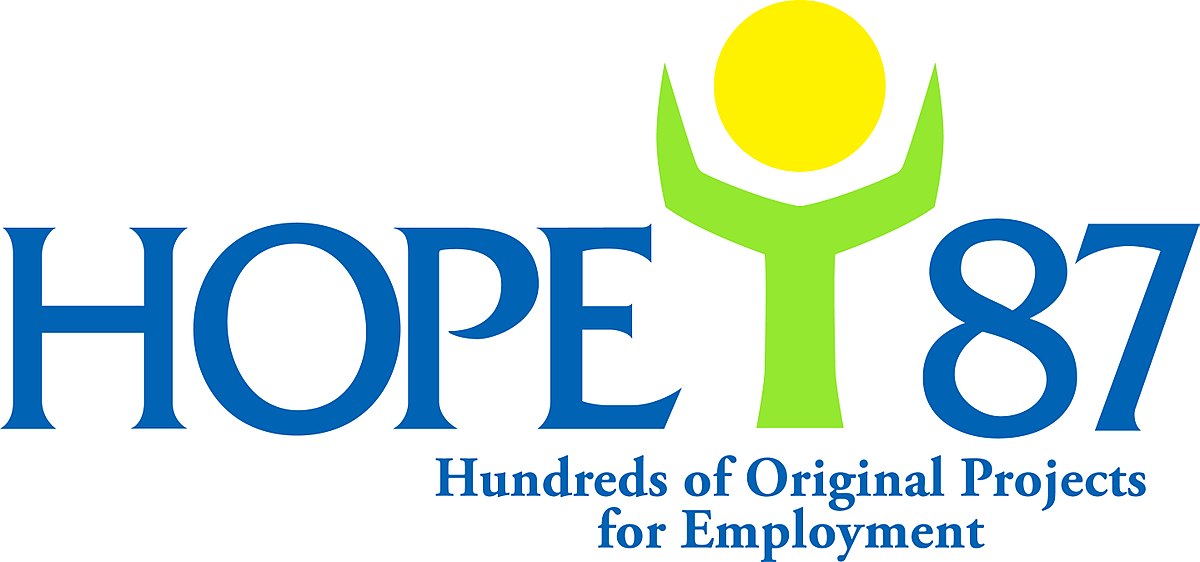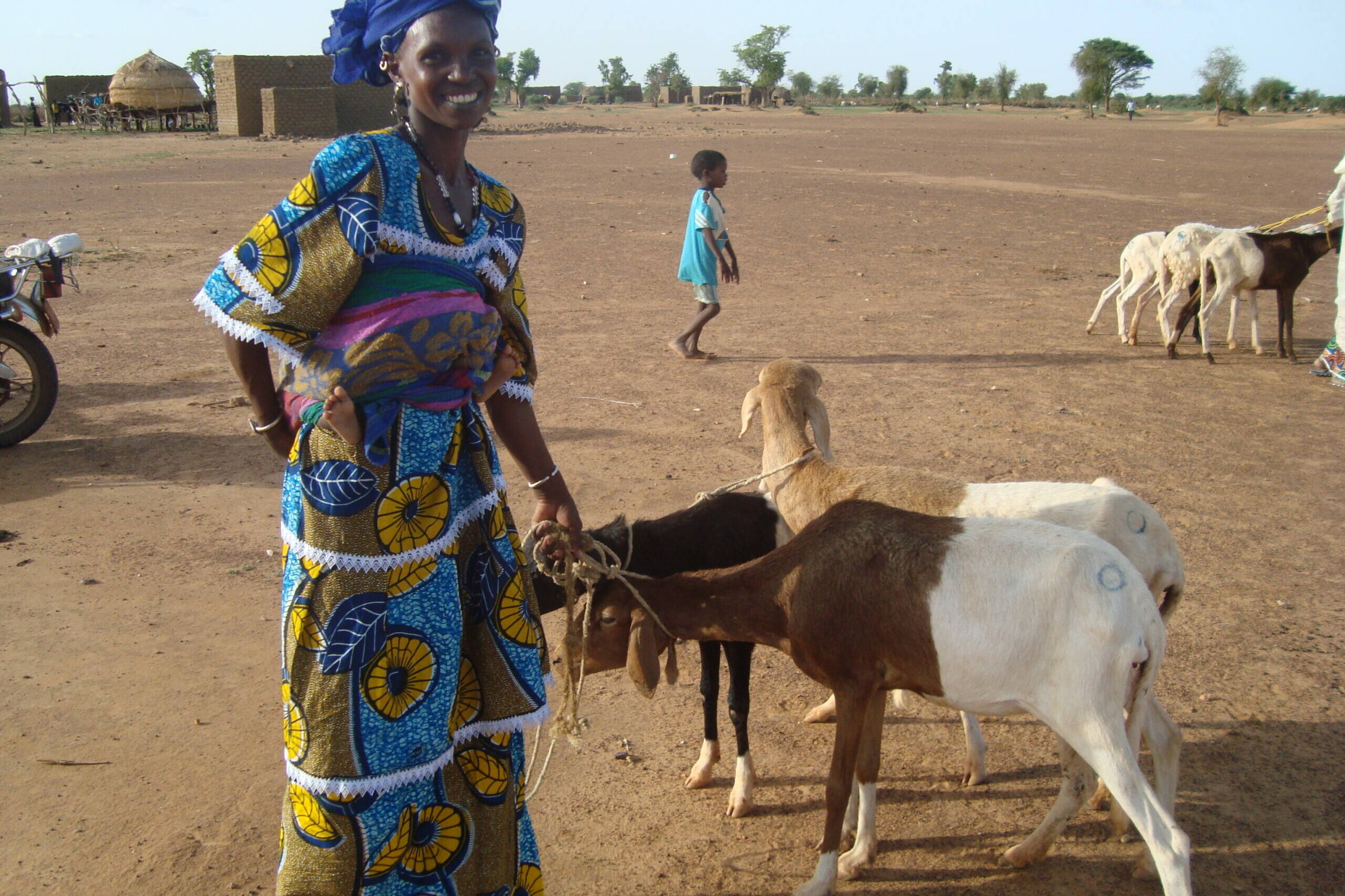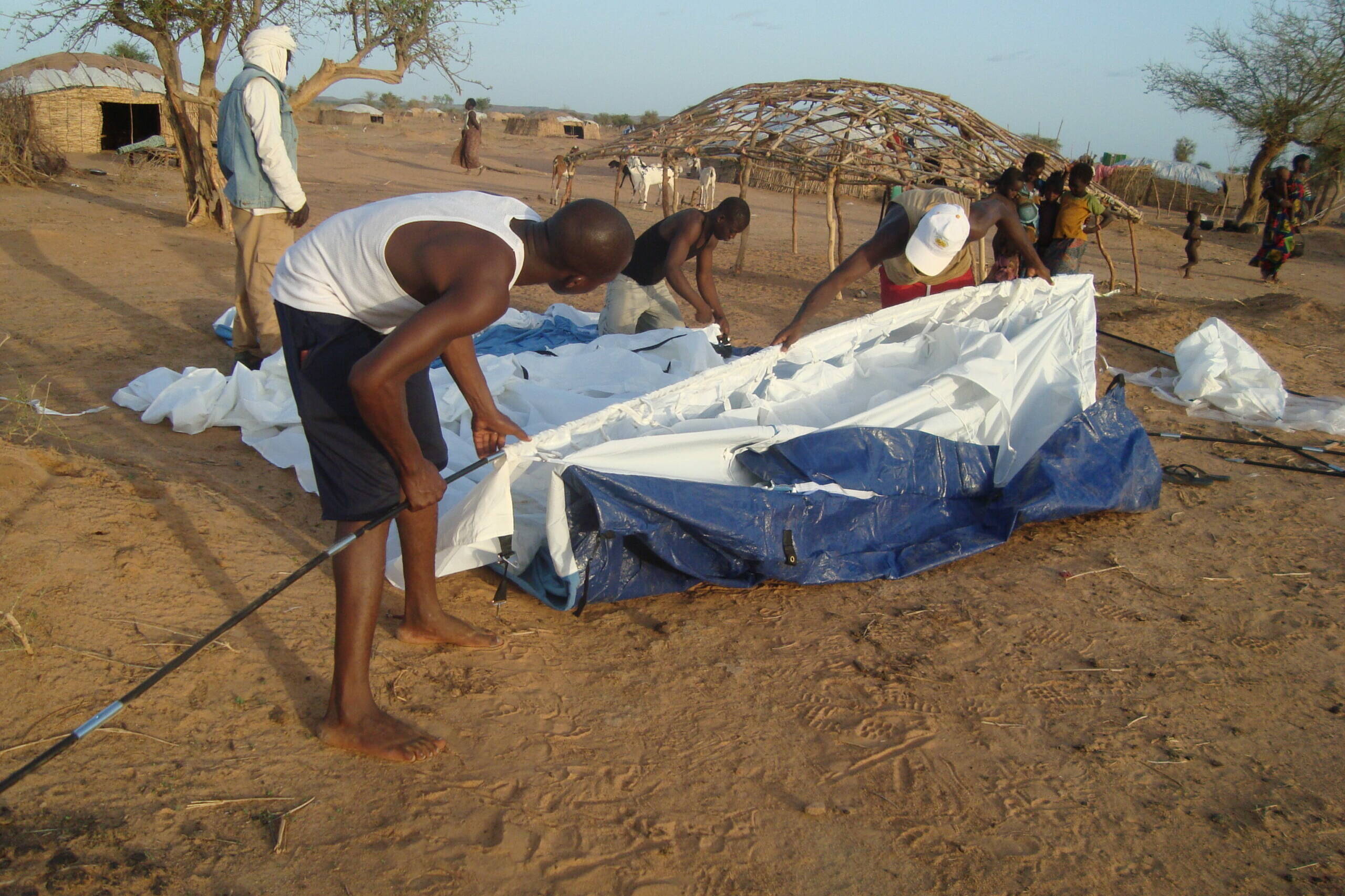Emergency relief for Malian refugees and livelihood support for localpastoralists in Burkina Faso (Phase I and II)
The project “HOPE for the People Affected by the Sahel Crisis” – Emergency relief for Malian Refugees and livelihood support for local pastoralists in Burkina Faso” was implemented in two phases in the rural community of Nassoumbou in the province Soum in the Sahel region. The project objective was to improve the humanitarian situation of the people affected by the current food and refugee crisis in Burkina Faso, sustaining and safeguarding the life and health of beneficiaries, alleviating their suffering and preserving their human dignity. The project addressed the Malian refugees in the refugee camp Damba, as well as the local population of surrounding villages of the rural community of Nassoumbou.
The project has contributed to the following results:
The refugees of camp Damba were protected against weather and climate related hazards.
The survival and uphold of dignity of the refugees of camp Damba was guaranteed by humanitarian food assistance.
The livestock of the Tuareg refugees as well as of the local pastoralists and agro-pastoralists was secured until the next raining season.
The achievement of the above mentioned results has allowed the affected refugee population to access food and non-food articles in order to sustain and safeguard their lives, health and livelihood. Furthermore, the resilience strategies of the local pastoralists and agro-pastoralists have been strengthened in order to enhance their capacity to cope with the current climate change based crisis. Fodder for livestock was being distributed at the beginning of the rainy season and livestock has been vaccinated and disinfected. Sheep (male and female) have been distributed to women of the local population who were also supported in learning new stockbreeding techniques. Furthermore, capacity building has been undertaken in several areas such as stockbreeding, fodder seed usage and so on. In addition, training sessions on topics such as the adaptation to climate change and on legislation on pastoralism have been implemented
Based on a multi-sector needs assessment and a participatory approach, all the beneficiaries, technical services including operational partners, local administration and authorities were involved in the preparation and implementation of the project. The needs and concerns of the local population as well as of the refugees were always taken into account and special attention was paid to upholding the dignity, traditions and custom of the beneficiaries. This approach resulted in a good relationship with and a high satisfaction of the beneficiaries with the work of HOPE’87.
Project Background:
On 2nd March 2012, the Government of Burkina Faso officially declared that the country is facing a critical food and nutrition crisis, and called on the national and international solidarity for support. 170 rural communities of the Région du Nord, Région du Centre Nord, Région de l’Est and especially the Région du Sahel were at risk of food insecurity. The situation was aggravated by the influx of more than 20,000 Tuareg refugees from Mali (status of March 2012), most of them arriving in the Région du Sahel with their livestock. These large numbers of Tuareg (for a small country like Burkina Faso) seeking protection with their herds, which are their only livelihood and form part of their identity- similar to the Massai in East Africa- in the already food insecure and drought‐stricken regions risked to further exacerbate the already volatile food security situation of the rural host communities.
Project Type
Humanitarian Aid, Emergency Response
Project Duration
01/04/2012 to 30/06/2013
Status
Completed
Country
Burkina Faso
Region
Rural community of Nassoumbou, Province Soum, Sahel region
Donor(s)
Austrian Development Cooperation (ADC), Foundation UNESCO- Education for Children in Need, German Pharmacists Aid, HOPE’87


